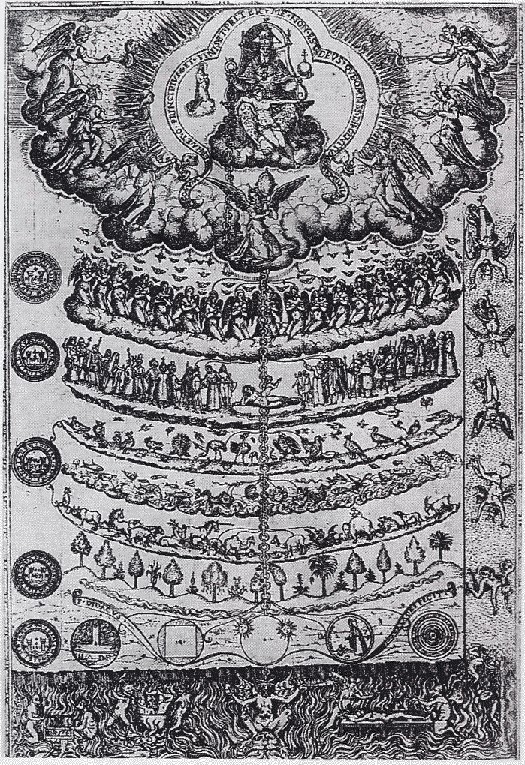Pope John Paul II, now deceased, was conflicted regarding the proper scope of science. He saw science as “a pathway in which many have traveled away from faith.” According to Monsignor Albacete, the pope urged us “to look beyond our intellectual ideas because reason, which limits man to the visible world, will kill faith.”
The extent of that ambivalence was revealed by an article released today by the Associated Press:
Famed physicist Stephen Hawking said Thursday that Pope John Paul II tried to discourage him and other scientists attending a cosmology conference at the Vatican from trying to figure out how the universe began.
The British scientist joked he was lucky the pope didn’t realize he had already presented a paper at the gathering suggesting how the universe was created.
“I didn’t fancy the thought of being handed over to the Inquisition like Galileo,” Hawking said in a lecture to a sold-out audience at Hong Kong University of Science and Technology. John Paul died in 2005; Hawking did not say when the Vatican meeting was held.
Yes, our sense of curiosity might ultimately destroy us, but do we know enough to know that to any degree of certainty? What is the true “conservative” position, unlimited science or limited science? If the scope of science should be limited, how should it be limited and by whom? By non-scientists such as the pope? If limited completely, what could serve as an alternative to science? We are naturally curious animals, you see.…


 [The 1579 drawing of the great chain of being from Didacus Valades, Rhetorica Christiana]
Even though biology does not recognize a status hierarchy among living things, the “chain of being” schematic nonetheless lingers in the minds of some people, especially among people who fail to appreciate the immense biological record uncovered by dedicated scientists, the importance of the scientific method and the elegance of evolutionary theory.
Those who oppose evolution tend to be the same people who go around dissing organisms traditionally plotted lower on the chain of being diagram. A good example would be the (lack of) respect given to sponges. You can almost hear the fundamentalists spitting and hissing as they utter something like the following: "How dare those evolutionists claim that we come from sponges!"
To me, however, this reasoning does not reveal a scientific dispute, but only ignorance regarding the intimate biological relationship between humans and sponges. I find the harsh anti-evolutionary rhetoric of fundamentalists to be, essentially, anti-spongist. Since one can further trace human ancestry all the way to bacteria, I find such reasoning also anti-bacterialist. It makes me want to shout: You anti-spongists! You anti-bacterialists!
The remedy for this attitude problem of fundamentalists is that they need to take the time to honor and appreciate the complexity of "simpler" organisms.
[The 1579 drawing of the great chain of being from Didacus Valades, Rhetorica Christiana]
Even though biology does not recognize a status hierarchy among living things, the “chain of being” schematic nonetheless lingers in the minds of some people, especially among people who fail to appreciate the immense biological record uncovered by dedicated scientists, the importance of the scientific method and the elegance of evolutionary theory.
Those who oppose evolution tend to be the same people who go around dissing organisms traditionally plotted lower on the chain of being diagram. A good example would be the (lack of) respect given to sponges. You can almost hear the fundamentalists spitting and hissing as they utter something like the following: "How dare those evolutionists claim that we come from sponges!"
To me, however, this reasoning does not reveal a scientific dispute, but only ignorance regarding the intimate biological relationship between humans and sponges. I find the harsh anti-evolutionary rhetoric of fundamentalists to be, essentially, anti-spongist. Since one can further trace human ancestry all the way to bacteria, I find such reasoning also anti-bacterialist. It makes me want to shout: You anti-spongists! You anti-bacterialists!
The remedy for this attitude problem of fundamentalists is that they need to take the time to honor and appreciate the complexity of "simpler" organisms.